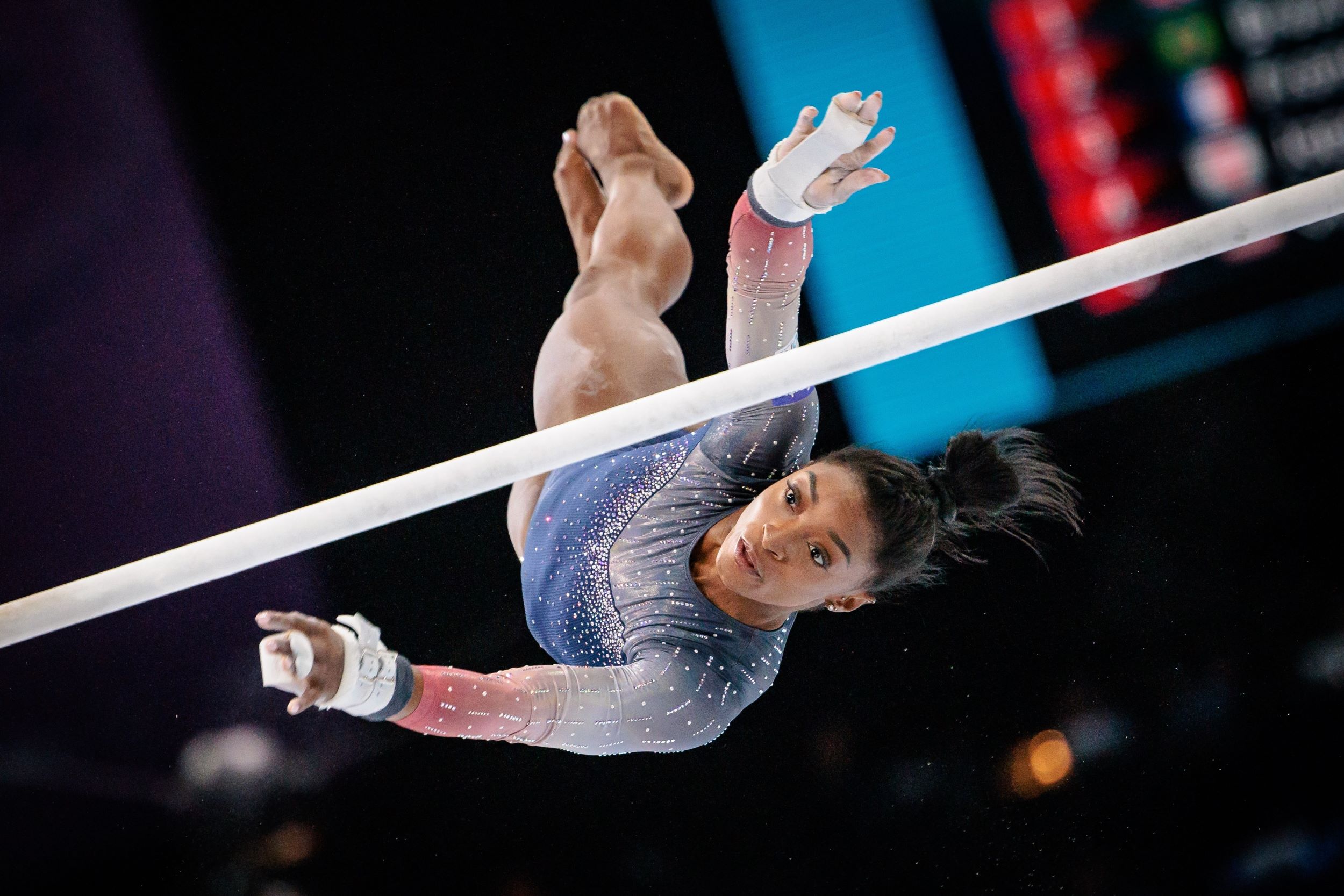The 2024 Olympics has opened up the conversation of mental health for elite athletes and the ways they navigate this, showing viewers the importance of prioritising your wellbeing.
Mental Health in sports
This year, the conversation around the Olympics has undergone a fascinating transformation. While the spectacular performances of athletes continue to captivate us, there's a growing focus on the crucial issue of mental well-being in sports. Athletes have candidly shared their mental health struggles leading up to and during the Olympics, and how they’ve navigated these challenges. This openness has brought a new dimension to the athletes' stories, making them more relatable and human.
Simone Biles: The Comeback of the Century
Simone Biles' return to the Olympics this year is nothing short of legendary. Not only did she compete, but she also won 3 gold medals and 1 silver, claiming the title of the most decorated gymnast in history. Biles' journey to the podium was paved with immense personal challenges. After stepping back from the team final and other events in the 2020 Tokyo Olympics to prioritise her mental health, she took a two-year break from the sport.
Biles has openly discussed the importance of mental health, sharing that she regularly consults with her therapists before performances to ensure she’s mentally prepared. Biles has been a catalyst for the conversation of mental health to be less taboo and more accessible for not only athletes to talk about but it also allows viewers to relate and open up too.
If the GOAT can come back winning and open up about her mental health then perhaps the rest of us could learn something.
Noah Lyles: The World's Fastest Man
Noah Lyles made history by becoming the world's fastest man, winning his first Olympic gold in the 100m with an astonishing time of 9.784 seconds in one of the closest races seen. Despite his breath-taking victory, Lyles took to social media to candidly discuss his mental health journey and how he triumphed over it to reach his pinnacle.
“I have asthma, allergies, dyslexia, ADD, anxiety, and depression. But I will tell you that what you have does not define what you can become. Why not you!”
Lyles' vulnerability struck a chord with many, leading to an outpouring of support and a wave of similar revelations from other athletes. His message underscores that mental health struggles can be overcome, and anyone can beat the odds to achieve greatness.
Stephen Nedoroscik: Master of the Pommel Horse
Artistic gymnast Stephen Nedoroscik, a specialist in the pommel horse, won a bronze medal—his second of the week. As the only member of the U.S. team competing in this category, Nedoroscik had to conquer significant self-doubt just to compete in the Olympics.
Before his performance, Nedoroscik was seen meditating, a practice he has found essential to calming himself rather than getting hyped up. He also uses a unique routine of solving a Rubik's Cube to shift his focus away from the stress and pressure of the competition. His techniques offer a compelling insight into how athletes manage their mental space to perform at their best.
The openness of athletes this year has inspired viewers and sportsman alike and opening up the topic of mental health.
Yaroslava Mahuchikh: The power of nap
Yaroslava Mahuchikh, who secured gold in the women’s high jump for Ukraine, has captured social media's attention with images of her climbing into a sleeping bag between jumps. Her unique routine of taking naps to rest between attempts seems to be working wonders, as she currently holds the world record for the high jump. With a crowd of about 80,000 and immense pressure to perform, Mahuchikh finds solace in her naps.
“It’s my relaxation before jumps, trying to think only about jumps, noticing how I feel comfortable,”
Mahuchikh’s journey is even more remarkable considering she fled her country from the ongoing war. The strength it took to overcome such adversity and focus on her Olympic performance is truly inspiring. Her story highlights the resilience and innovative methods athletes use to maintain their mental edge.
Nikki Hiltz: The Power of Consistency
U.S. track and field star Nikki Hiltz has openly shared the mental strategies they employed in the lead-up to the Olympics. The approach included:
- Weekly therapy sessions
- Creating a motivational notes page filled with things that inspire and calm them
- Journaling positive self-talk
- Meditating for 100 consecutive days
Hiltz believes that consistency is key, whether in training or in maintaining a positive mindset. By repeatedly focusing on and reinforcing positive thoughts, they stay grounded and focused. Hiltz’ disciplined approach to mental preparation serves as a powerful example of how athletes can cultivate resilience and peak performance through consistent mental practices.












